At Oxford College, research isn’t just something that happens later in your academic career—it’s an…
2018 Faculty Showcase
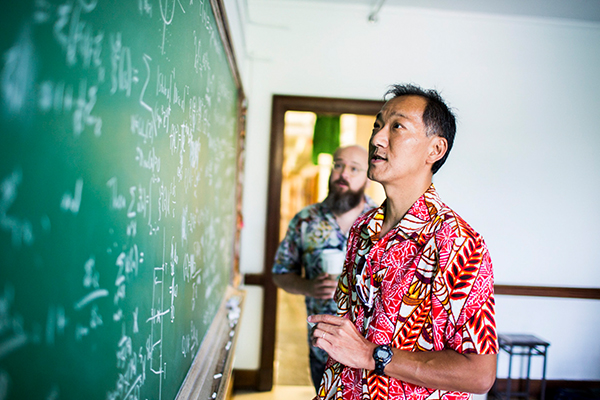
During the Spring Into Emory Open Houses, we make sure to brag about the eminent faculty on campus. Our most distinctive and exciting professors in the Emory community gather in a TEDx-style fashion and speak about the topics they’re currently researching. Emory faculty is usually busy teaching, researching, traveling the world, and authoring papers, but for a few mornings in April they’ll share about the cutting-edge curriculum that keeps Emory University leading the way as one of the top-ranked universities in the country.
The Incredible World of Big Data: A “Private” Tour

Big Data has the potential to transform society. It can also turn the world upside down when used improperly. Using data without knowledge or permission raises serious ethical and privacy concerns, as in the ongoing case of Facebook. We will explore how big personal data can be harnessed intelligently and safely for societal good, such as social networks and precision medicine, without compromising privacy.
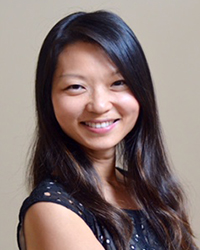
Li Xiong is a Winship Distinguished Research Professor of Computer Science at Emory University. She holds a PhD from Georgia Institute of Technology, an MS from Johns Hopkins University, and a BS from University of Science and Technology of China, all in Computer Science. Her teaching centers on core topics in data science, especially data mining, machine learning, and data privacy and security. Her scholarship focuses on developing algorithms and methods for privacy-preserving and secure data management and analytics, in health and spatio-temporal data.
Nature’s Medicine Cabinet
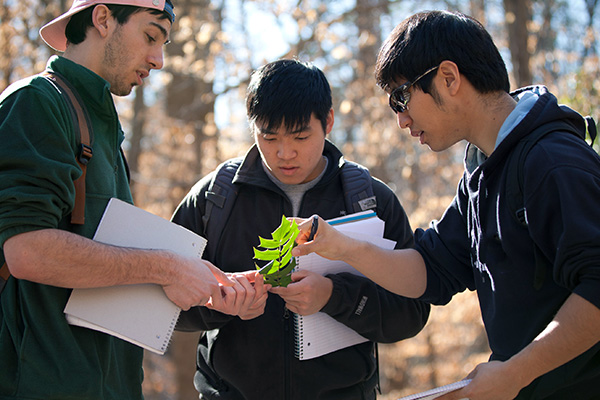
Mankind has long recognized that plants are extremely useful as a source of medicine. Medical traditions based on botanical drug sources can be found in all human cultures and date back to prehistory. In the Human Health course “Botanical Medicine and Health”, both ancient and modern day botanical traditions across many cultures are discussed as they pertain to medicine. The pathways through which natural drugs are made by plants and how they affect humans are the focus of this class. Some examples include botanical drugs for infectious disease, cancer, cardiovascular health, dental health, central nervous system function, and much more. By the end of this course, students build a solid understanding of the major botanical drugs, including their sources, applications, and cultural relevance.

Dr. Cassandra Quave is Curator of the Emory University Herbarium and Assistant Professor of Dermatology and Human Health at Emory University, where she leads antibiotic drug discovery research initiatives and teaches undergraduate courses on medicinal plants, food and health. Trained as a medical ethnobotanist, her research is focused on the documentation and biochemical analysis of botanical remedies used in the traditional treatment of infectious and inflammatory skin disease. To date, she has authored more than 60 publications, 2 edited books and 3 patents. Dr. Quave is a Past President of the President of the Society for Economic Botany, an international society with the mission of fostering research and education on the past, present, and future uses of plants by people. Her work has been profiled in the New York Times Magazine, BBC Focus and National Geographic Channel, and featured on NPR, National Geographic Magazine and several major news outlets including the Washington Post, The Telegraph, CBS News, and NBC News.
The Customer Insight Revolution

The field of business, and marketing in particular, has transformed from one based on the opinions of managers to one grounded in data and insights. Data on customers is now abundant and commoditizing. Astute managers use the right data, and have the skills to uncover insights from it.

Douglas Bowman is Professor of Marketing at Emory University’s Goizueta Business School. He teaches courses on Product and Brand Management, and Syndicated Data Analysis. His teaching has been recognized in a number of ways including the Emory Williams Award, the university’s highest teaching honor. His research focuses on the quantitative aspects of marketing, and has been recognized in a number of ways including the American Marketing Association’s Green Award for the paper that demonstrates the greatest potential to contribute significantly to the practice of marketing research.
Theory and Data: Why and What?

Researchers have made enormous progress in analyzing data and answering questions like “what is the effect of x on y?” However, the question of “why x affects y?” is often more difficult to answer and subsequently ignored. Highlighting recent work in medicine and political science, I’m researching what the role of quantitative theory is in getting from what to why.
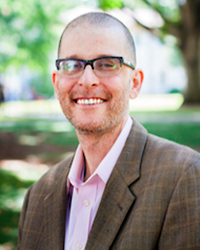
Pablo Montagnes completed his PhD in in Managerial Economics and Strategy at the Kellogg School of Management at Northwestern University in 2010. Prior to joining the faculty at Emory in 2015, Montagnes was an assistant professor at the Harris School of Public Policy at the University of Chicago. Montagnes’s primary research focus is formal political theory and political economy. His articles have been published or are forthcoming in leading journals including the American Economic Review, the Proceedings of the National Academy of Science and the Journal of Politics.
Don’t hesitate to connect with us by posting a comment to this blog, tweeting us @emoryadmission, or emailing us at admission@emory.edu. We look forward to hearing from you!


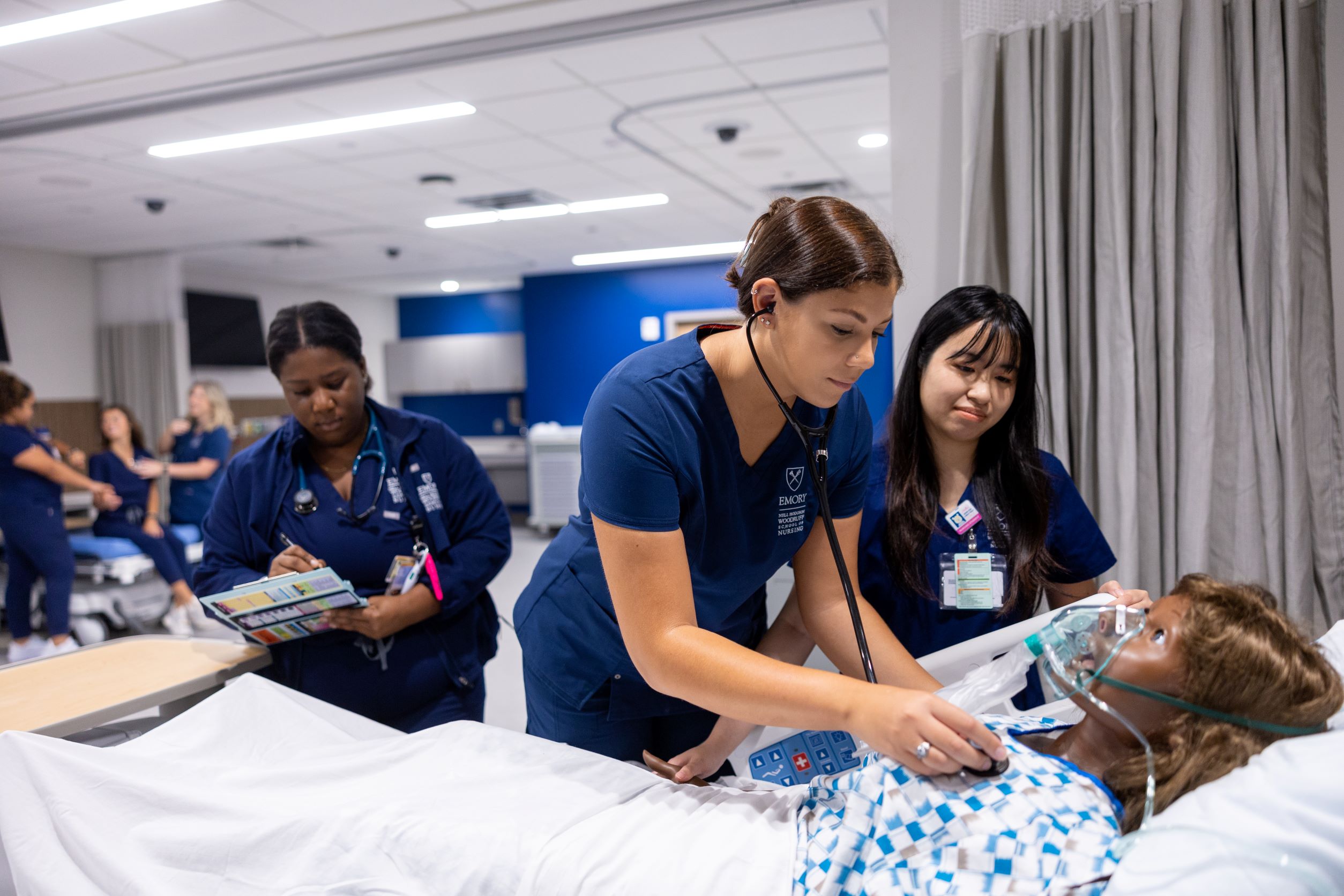
This Post Has 0 Comments